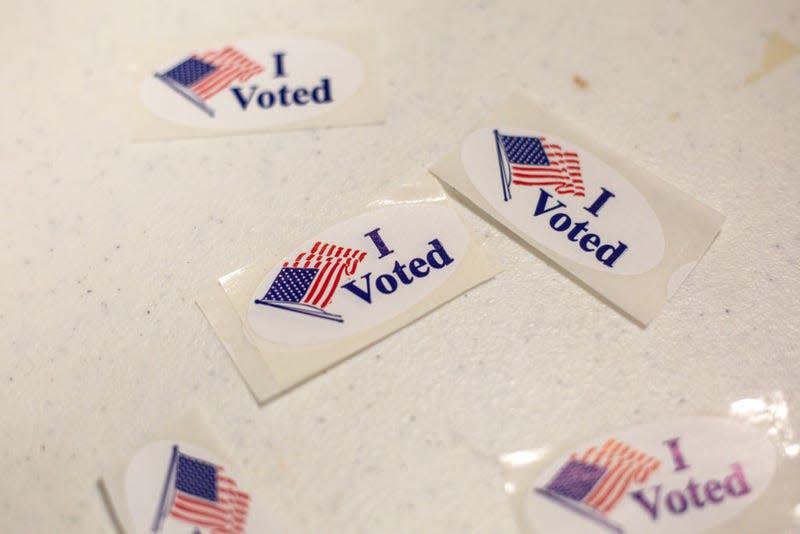Texas Election Laws Are Making It Harder For HBCU College Students To Vote

Since 2018, voter turnout for young people in Texas has increased from 8.2 percent in 2014 to 25.8. Given that statistic, college voters are finding it increasingly difficult to participate in this upcoming midterm election cycle, the Texas Tribute notes. This is due to several factors, such as the lack of college on-site voting places, students not being able to use their College ID as means of identification, and distance to polling locations.
Back in 2019, Texas Republicans pushed to end the ability for polling places to be moved to reach as many people as possible during the early voting period with House Bill 1888. Young and rural voters suffered because of this move, especially considering that this practice had helped college students who don’t have transportation.
Read more
Predictably, a lot of temporary polling places closed down. However, there was a considerable discrepancy when Texas HBCUs were considered. The Texas Tribute points out only 50% of the state’s 36 public universities have an on-campus early-voting location this year. That number drops significantly to 20% for Texas’ nine historically Black colleges and universities– two of which had voting sites before election day. Students then have to hope communities grant money for busing to polling places.
From the Texas Tribute:
“I was surprised that so few of [the HBCUs] have early-voting polls,” said Jennifer Clark, an associate professor of political science at the University of Houston. “In terms of showing the inclusion of younger Texans and a more diverse population, I would think that many elections administrators would be wise to expand that access, especially to the HBCUs in the state.”
On top of this, Gov. Greg Abbott signed Senate Bill 1 right after the 2020 Presidential election, tightening voter restrictions even further. Texas doesn’t allow for same-day and online voter registration and also doesn’t accept college IDs as a valid means to identify voters.
However, there is some good news. Prairie View A&M University sued Waller County back in 2018, claiming the county was intentionally suppressing the rights of Black voters. Afterward, the county agreed to expand early voting for the HBCU. Bexar County recently opened 388 polling locations for this election cycle due to a court challenge covering San Antonio HBCU St. Philip’s College.
More from The Root
Sign up for The Root's Newsletter. For the latest news, Facebook, Twitter and Instagram.

